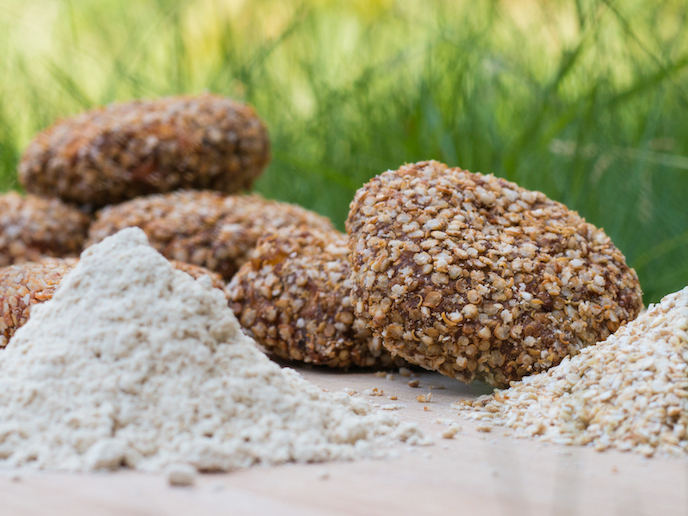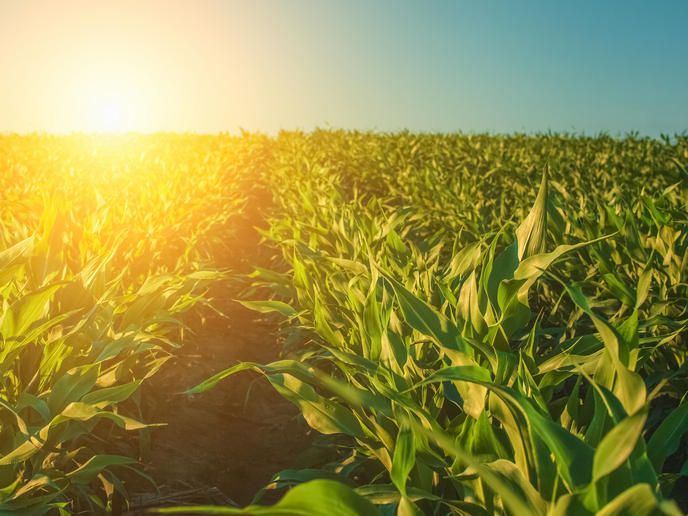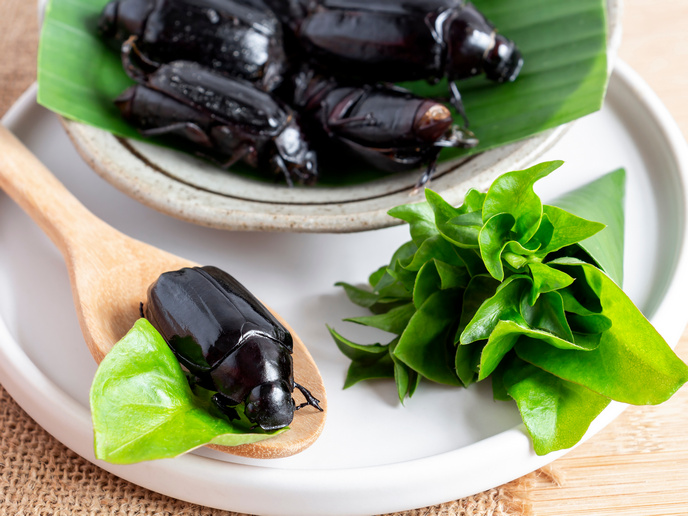Unlocking quinoa’s protein potential
According to a report commissioned by the United Nations(opens in new window), efforts to lower carbon emissions will essentially be for nothing if humans don’t change their dietary habits. With meat-based diets being linked to several health risks and a range of environmental issues, there is an increasing demand for plant-based protein alternatives. Nearly all the plant-based protein products found on the market are based on soy and wheat – both of which have their limitations. For example, soy is an allergen and is heavily imported from outside the EU, often from countries where genetically modified crops are allowed and that have lower environmental standards. Furthermore, as wheat contains gluten, the market for wheat protein is limited. As European food manufacturers look for alternative plant-based protein sources for their fortified food products, quinoa has emerged as a leading contender. “Quinoa is recognised as an excellent crop with an outstanding protein quality,” says Marc Arts, founder and CEO of www.greenfood50.com (GreenFood50), a Dutch company devoted to the production and commercialisation of high added-value quinoa-derived ingredients. “Not only can quinoa grow in dry and saline conditions, it is also a great source of fibre, unsaturated fatty acids, vitamins and minerals.” Quinoa production in the EU has grown significantly over the last decade. However, due to a lack of tailored technology, its uptake as a protein alternative remains low. But this is about to change, thanks to breakthrough fractionation technology(opens in new window) developed by GreenFood50, with the support of the EU-funded QUINNOVA project.
Healthy, functional ingredients
GreenFood50 designed its fractionation technology specifically for the special nature of the quinoa seed. The technology, which generates a high-protein fraction, uses an innovative, dry fractionation process that is environmentally friendly and operates using less energy and water than alternative technologies. “During the QUINNOVA project, we assessed the technical, commercial and financial feasibility of scaling up this technology,” explains Arts. “From this assessment, we learned that our fractionation technology is economically viable for producing quinoa-based ingredients at a large scale.” The project also included an in-depth market analysis, from which the company identified increasing consumer awareness about the benefits of plant-based proteins and the negative impact that consuming meat has – in terms of both one’s health and the environment. The analysis also showed a rising number of people having specific dietary needs. “Our quinoa-based products are perceived as healthy, functional ingredients that can be used not only as a meat substitute, but also for sports nutrition and gluten-free products,” says Arts. “All of this is very good news for the marketability of our QUINNOVA portfolio.”
A big step forward
With the production process now streamlined and scaled up, GreenFood50 is ready to accelerate the introduction of QUINNOVA products onto the market. In January 2020, the company took a big step towards this goal with its acquisition of the Dutch Quinoa Group(opens in new window) and its quinoa expertise and capabilities. According to Arts, the acquisition further strengthens the company’s market leadership and enables it to meet the growing demand for high-quality plant-based ingredients. “This acquisition, combined with the insights we gained via the QUINNOVA project, will unlock the full potential of quinoa, resulting in a sustainable food system capable of feeding a growing world population,” he says.







